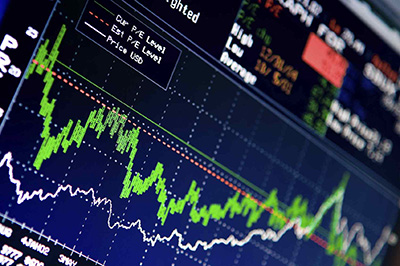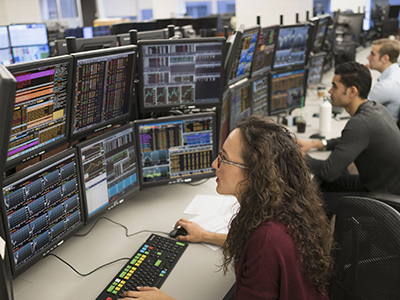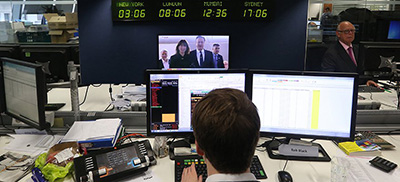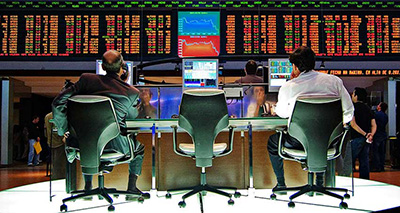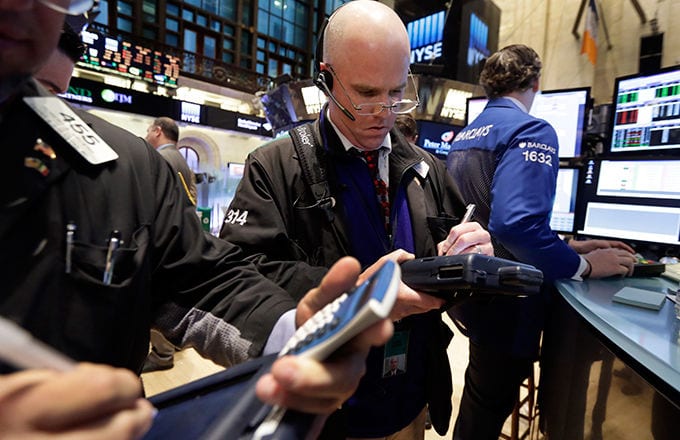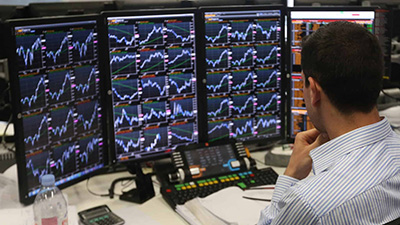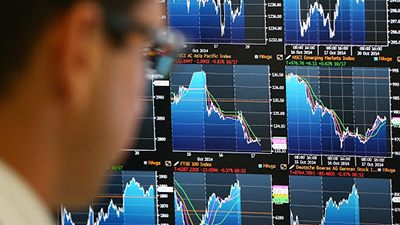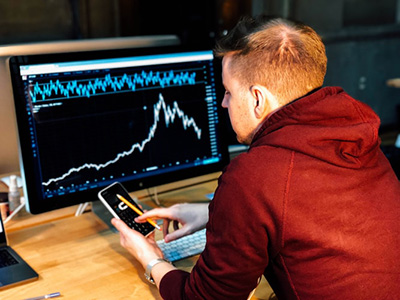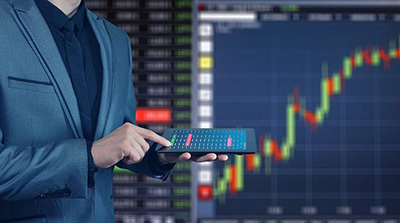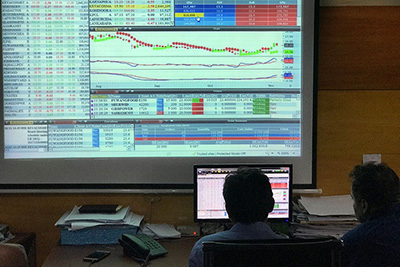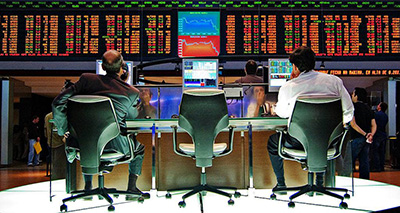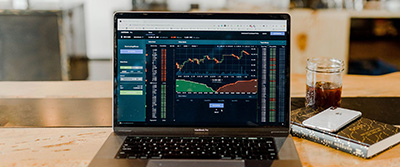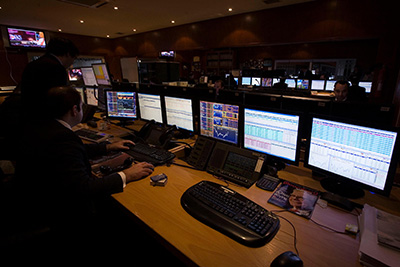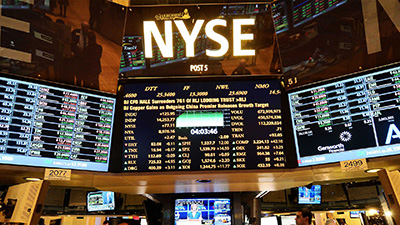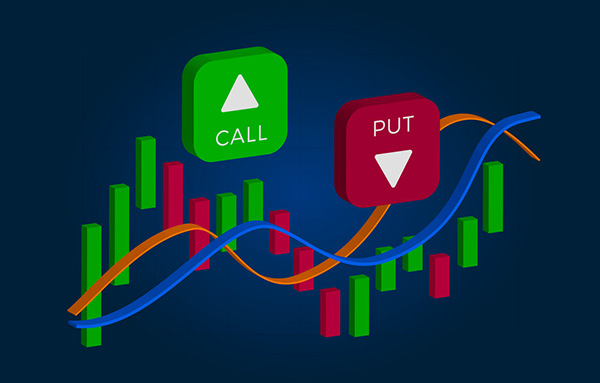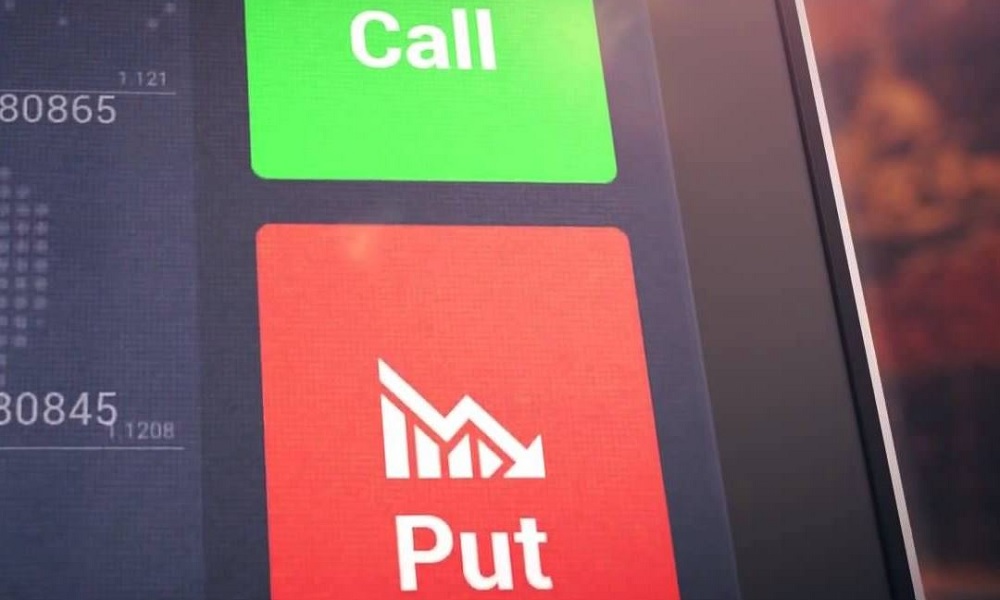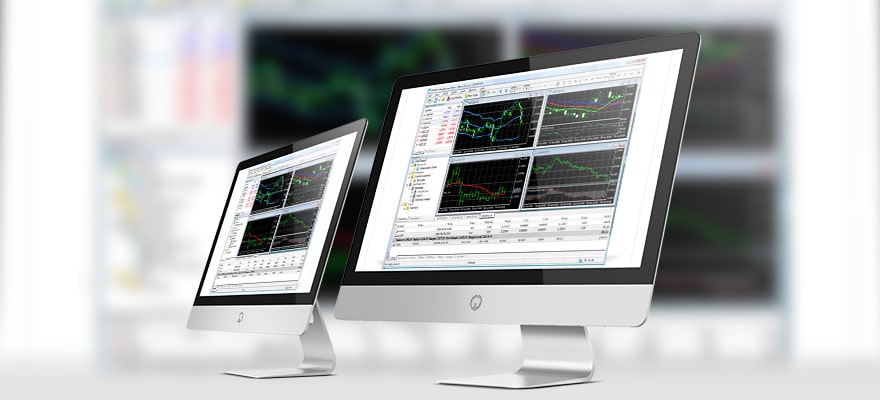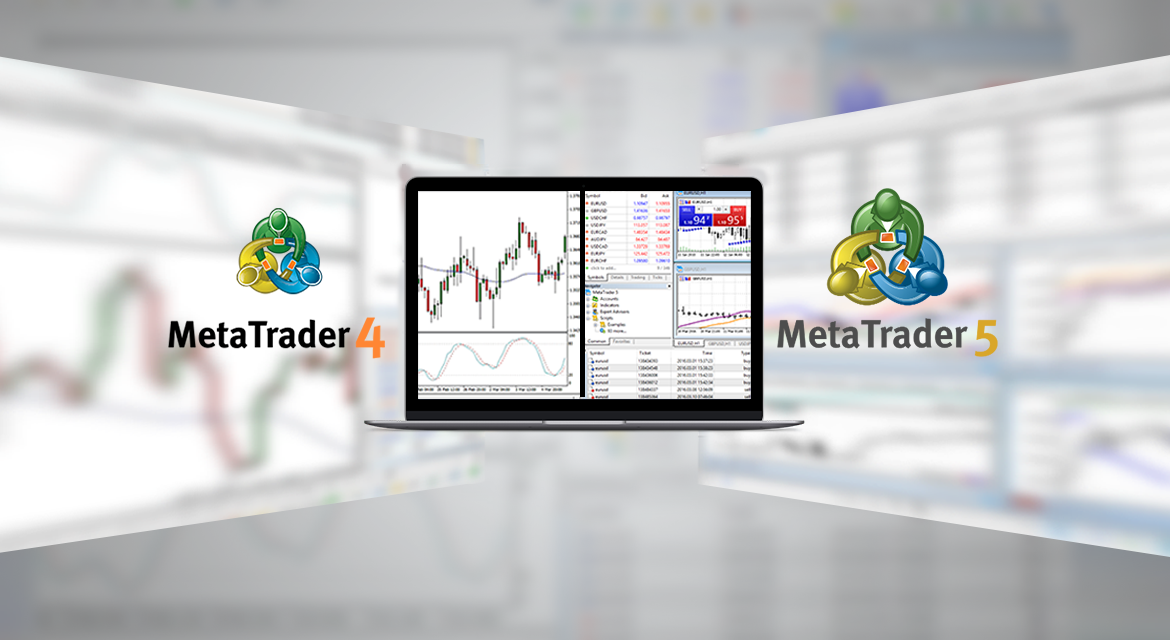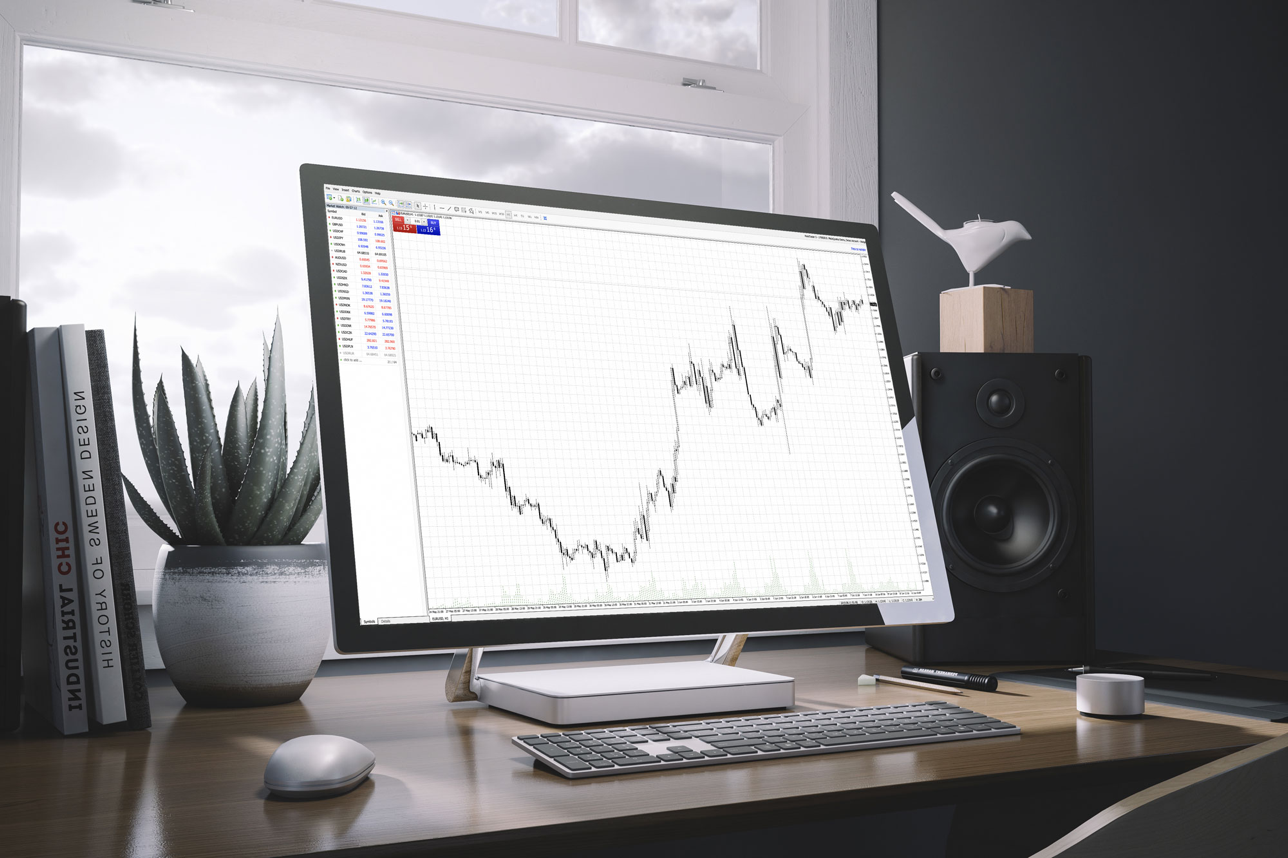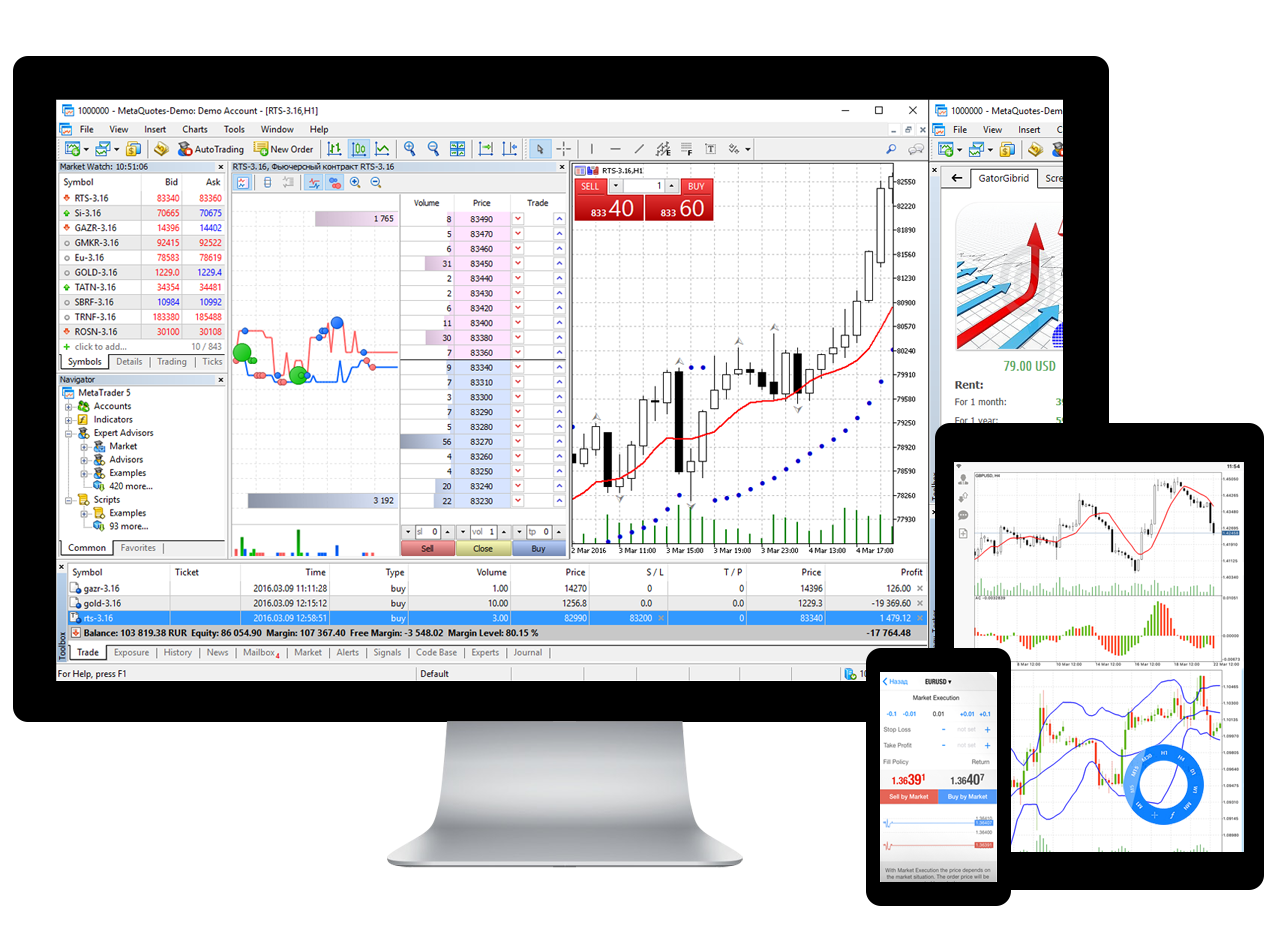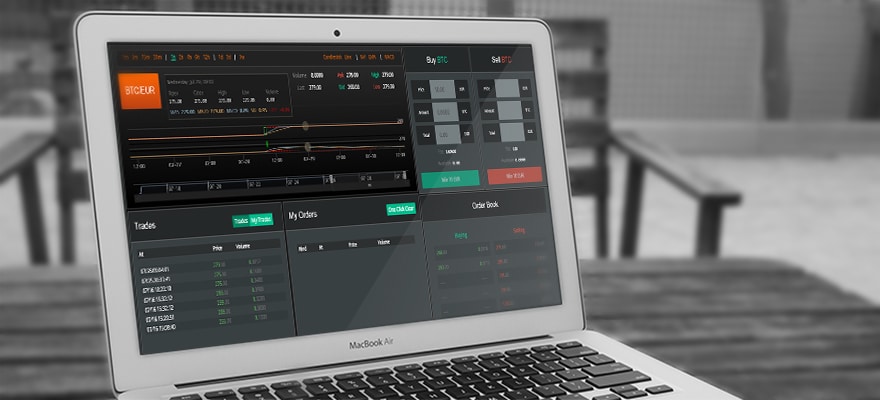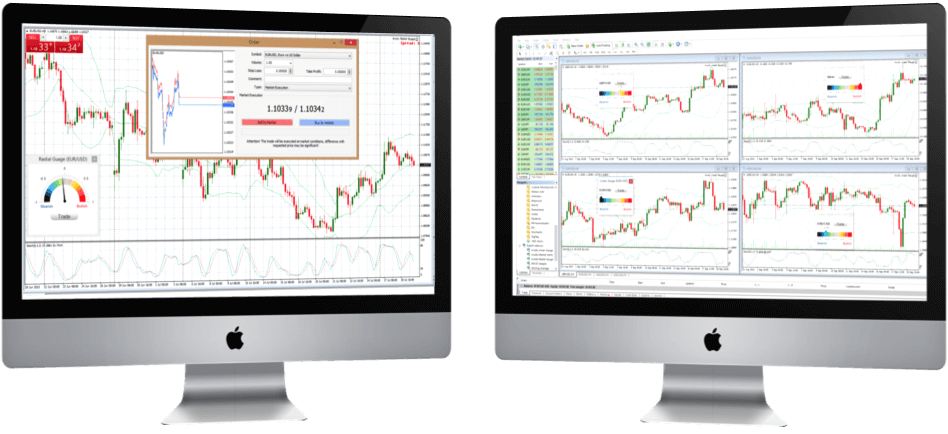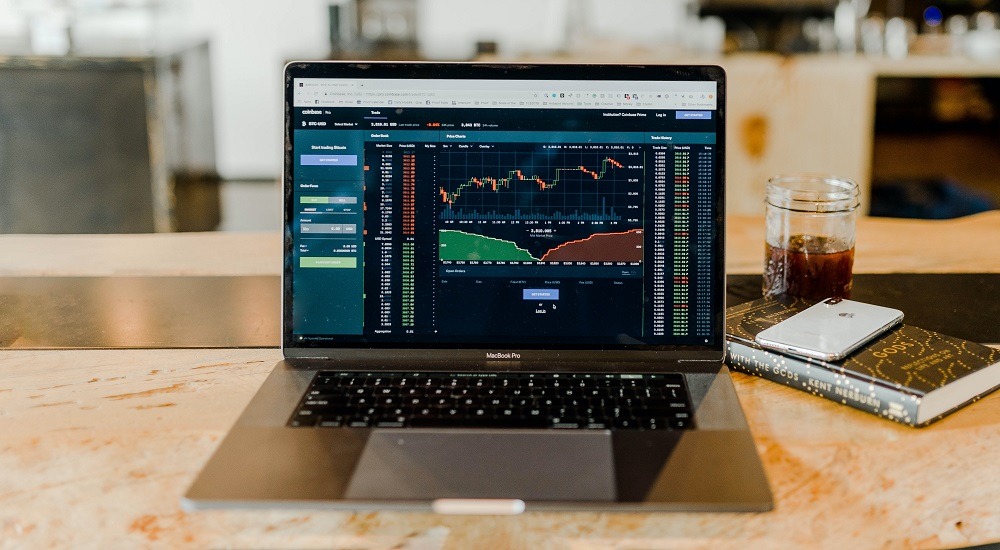
What does the broker earn?
Each novice trader asks such a question. And, having studied several pages proposed by the search engine, he decides that the broker is breeding it for money, forcing him to lose deals. This is actually not the case.
The broker must maintain balance – it is necessary to have a sufficiently large percentage (35-40%) of successful traders. This helps to attract new people who want to try on the profession of a trader. Of course, the broker is not a charity and has profits from any transaction, both winning and unsuccessful.
Consider the mechanism of work closer:
Assume a rate of return of 85%. Donald believes that the price of the asset will go down and will invest $ 100 in the deal. Bill, on the contrary, thinks that the price will go up and also makes a deal with an investment of $ 100. Let’s say the price of an asset goes up and Bill gets 85% ($ 85) of profit, which is covered from a Donald investment. The remaining percentage ($ 15) is the commission of the broker. Thus, with the difference from losing one client and winning another client, brokers profit.
But 2 people do not trade on the platform. Transactions are concluded every second by thousands of traders. Accordingly, it is beneficial for a broker to have as many people as possible trading on the platform and making as many transactions as possible in order to have a constant flow of profits.
What happens if everyone starts making money?
The financial collapse! Maybe not so sad, but not far from the truth. This applies not only to the binary options market, but also to any financial industry. The forex market, the stock market, works in such a way that finances move. They are not created and not printed, but moved – from those who do not know how and do not want to trade to more qualified and successful colleagues.
In the short term or in a system where there is little trading, disharmony can occur when 70 or 80% of transactions are closed in plus. What happens in this case? Where does the money come from?
Consider an example of imbalance:
Bulls – traders who trade to increase the asset, have invested $ 10,000. Bears – traders who trade in asset price cuts, invested $ 8,000. A distortion of investment of $ 2000 was formed.
If the Bears win, their profit will be covered from the Bulls investment, from there the broker will receive his commission, and the remaining $ 2,000 will go to the Market Maker (Liquidity provider).
If the Bulls win, then the Bears investment amount will not allow the broker to fully cover the profit. Also, part of the lost investment will go to the broker in the commission. In this case, when a financial hole has formed in the market, Market Maker pays the entire missing amount to the Bulls from its funds.
Market Maker (Liquidity Provider) – assumes the risks that may arise in the event of a skew investment.
What should be concluded?
It turns out that a great many traders are losing trade? Yes it’s true. Unfortunately, it’s bitter. And traders are to blame. Newcomers often lose, who decided to quickly make money on short-term options, while completely ignoring the possibility of learning. Due to such inexperienced and greedy users, there is a huge turnover of money in the system. I hope that now you understand that the broker earns considerable amounts on the participants. But it also provides a great opportunity to earn money for us too!




